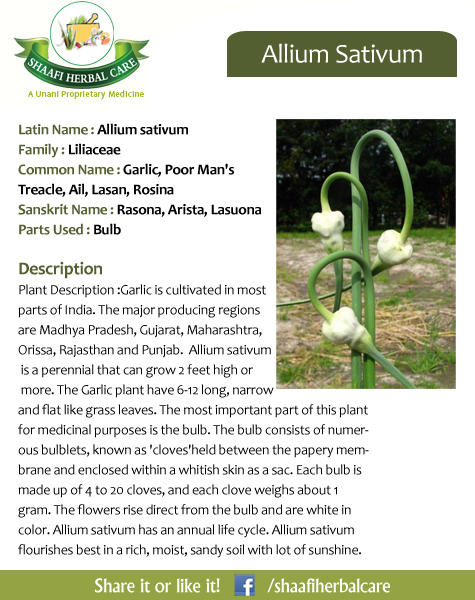
Description
Black nightshade is a short-lived perennial herb that is native to Eurasia. Its erect, angular, branching stem grows 1 to 2 feet high and may be glabrous or covered with inward-bent hair. The leaves are alternate, dark-green, ovate, and wavy-toothed or nearly entire. Its fruit is a many-seeded, pea-sized, purple or black berry. The herb has been used in early Ayurvedic practices, when it was combined with other ingredients to make herbal medicine for heart disease. Early Ayurveda had also stated that the berries from the plant could be eaten safely, though they are now believed to be poisonous. The herb seems to have been only used by the Greeks on inflamed parts, as a local application.
Black nightshade is a short-lived perennial herb that is native to Eurasia. Its erect, angular, branching stem grows 1 to 2 feet high and may be glabrous or covered with inward-bent hair. The leaves are alternate, dark-green, ovate, and wavy-toothed or nearly entire. Its fruit is a many-seeded, pea-sized, purple or black berry. The herb has been used in early Ayurvedic practices, when it was combined with other ingredients to make herbal medicine for heart disease. Early Ayurveda had also stated that the berries from the plant could be eaten safely, though they are now believed to be poisonous. The herb seems to have been only used by the Greeks on inflamed parts, as a local application.
Uses & Benefits of Black Nightshade
Medicinal:
- The juice of black nightshade is sometimes used to treat fever and alleviate pain.
- Its fruit is used as a cosmetic; as rubbing its seeds on the cheeks helps remove freckles. Children extensively eat the mature fruit. It has been used for diabetes as well.
- In Northern India, the boiled extracts of its leaves and fruits are used to alleviate the discomfort caused by liver-related ailments, even in jaundice.
- The leaves of black nightshade plant strongly promote perspiration, when ingested in small amounts. They work to purge the bowels the next day.
- The juice of the herb or an ointment prepared from it is externally applied to cure certain skin problems and tumors.
- A decoction of the stalk, leaves, and roots of black nightshade is beneficial for wounds and cancerous sores.
- Its berries are poisonous, but boiling them is believed to destroy the toxic substances and make them safe to be used for preserves, jams, and pies.
- An infusion of the plant is used as an enema in infants suffering from abdominal upsets.
- Freshly prepared extract of the plant is effective in treating cirrhosis of the liver and also works as an antidote to poisoning by opium.


